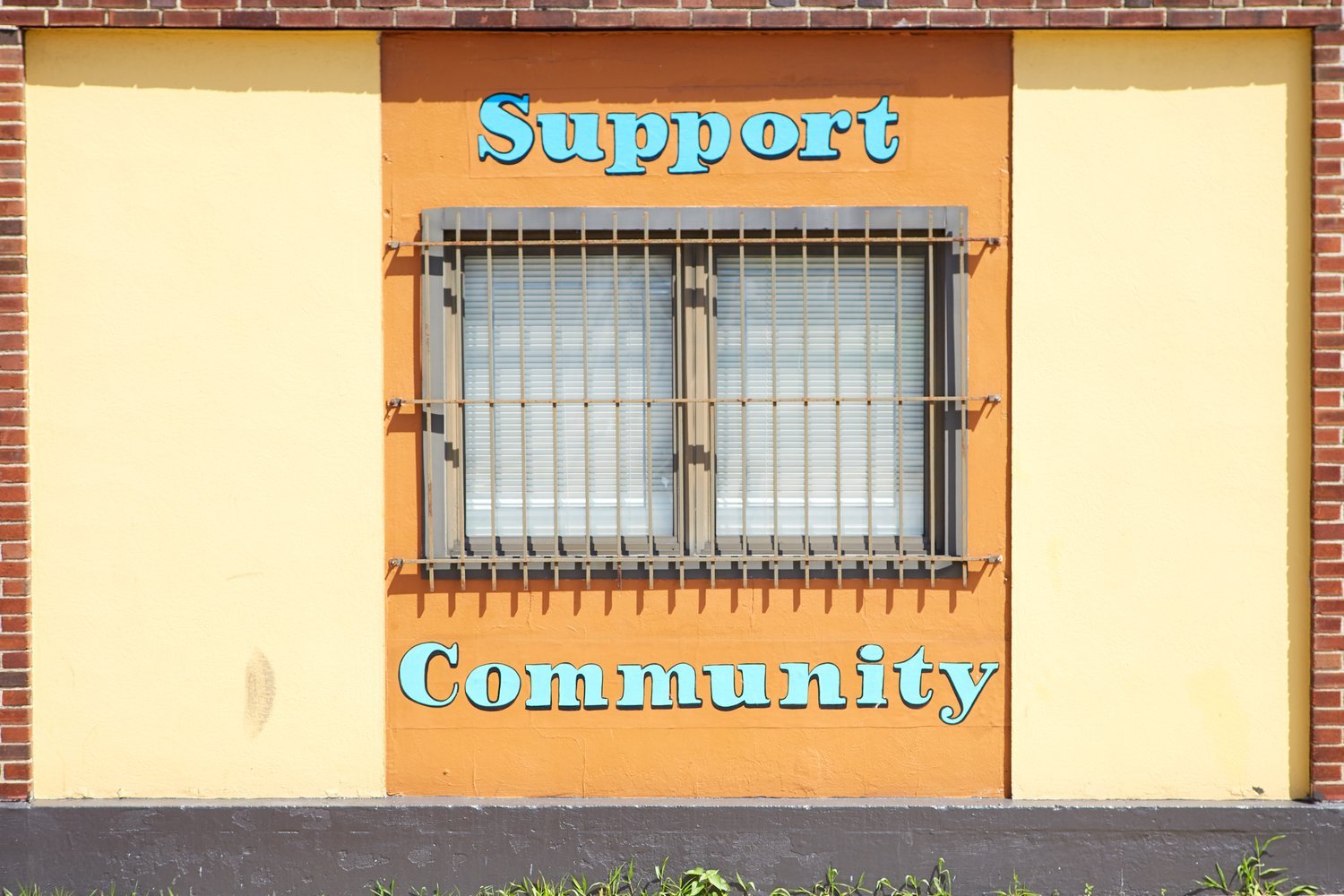Voting, Volunteering and Community Involvement Good For Your Mental Health
Regardless of your political leanings or how you may feel about Donald Trump, it's virtually impossible to escape the constant barrage of news and commentary that defines today's media landscape. But when it comes to stimulating good health, you may want to cut down on the news and get yourself and your kids more involved in your community.
A recent study reveals that adolescents and young adults who are more community-minded tend to have better health outcomes later in life. Published in the journal Child Development, the trial followed over 9,000 adolescents and young people age 11 to 20 over a period of more than 15 years. The researchers found that those who participated in activities such as voting and volunteering were more likely to have better overall health, such as better eating habits and fewer depressive symptoms, than those who did not participate in such activities.
Parissa Ballard, an author of the study and assistant professor at Wake Forest School of Medicine, was encouraged by the results, reporting that "Civic engagement is a productive experience for young people. The findings on volunteering and voting were uniformly positive.” The study does not show a causal relationship between civic engagement and improved health, but a correlative one. We should keep in mind that those teens, who had higher levels of civic engagement also were more likely to be from higher socioeconomic backgrounds, which can also be a factor in determining health outcomes.
We can examine other studies showing a significant link between community service and improved health outcomes to help shed light on why this relationship exists. The Corporation for National & Community Service (CNCS) reports that volunteering can have both health and social benefits. In their report entitled The Health Benefits of Volunteering, researchers found that volunteers had higher functionality, experienced less depression, and had lower mortality rates later in life than non-volunteers. Authors of the study note that “volunteering might affect health by allowing people to feel good about themselves, to feel like they matter, to experience social connection and decreased loneliness, and to feel satisfaction from contributing to others.”
The results of the CNCS study suggest that being more civic-minded can have a positive effect on social and psychological factors, giving more meaning and purpose to life. Shifting focus to something other than oneself can be an effective way to alleviate stress, strengthens social ties, and combat isolation. According to the report, helping others also seems to produce a greater sense of self-worth. Further research is confirming those findings: Stephanie Watson from Harvard Women’s Health Watch states that volunteering helps people feel more socially connected and can help to keep loneliness and depressive symptoms at bay. This is particularly important as we become more aware of the prevalence of loneliness worldwide. Former U.S. Surgeon General Dr. Vivek H. Murphy reported that loneliness is one of the most concerning public health issues and is positively correlated with decreased life span and increased risk of a wide array of diseases including depression, anxiety, and dementia.
Community involvement does not just work to stave off loneliness and boost our mood, but it has also been shown to correlate with better physical health outcomes. A Carnegie Mellon University study found that adults over 50 who were regular volunteers were less likely to develop high blood pressure.
Rush University Medical Center researchers also recently found that people who had chronic pain experienced significant improvements after starting to volunteer alongside others who suffer with chronic pain.
Often people will say that they get as much and sometimes more out of volunteering than they give, and perhaps you’ve experienced this for yourself - a sense of connectedness, purpose, and vitality that comes from giving back. As humans we need each other to thrive, and this new research is showing us just how much.
There is a huge swell of community involvement and activism sweeping our country right now as people take a more active role in ensuring the health and wellness of communities nationwide. If you are already active in your community- whether through voting or volunteering - what is your experience? How does connecting with your community impact your overall health and what recommendations do you have for others looking to get involved?


